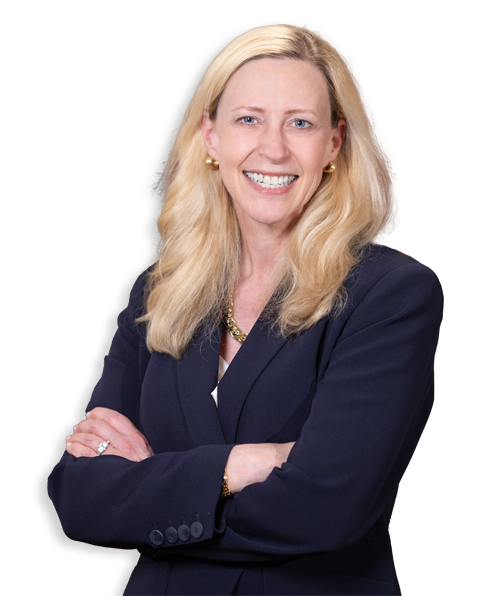The priorities at Yale are clear—and the plan to achieve them is strong and bolstered by an excellent academic and administrative leadership team. The university initiatives move us—and the world we are working to improve—toward a future that brims with possibility.
Maurie McInnis
Yale University President

A Vision for Yale’s Future
Yale’s mission is to improve the world today and for generations to come through outstanding research and scholarship, education, preservation, and practice. Formalized in 2016 after conversations and consultations with faculty, staff, students, and alumni, the university initiatives identify four pillars of strategic emphasis to advance that mission.
The vision for Yale’s future is powered by the work of all members of the Yale community and is supported by the contributions of alumni, parents, and friends through the For Humanity Campaign.
University Initiatives
These four pillars build on the university’s iconic strengths and guide investment to areas where its work can have an outsized impact. And each of the initiatives supports the university’s historic obligations to create knowledge that benefits humanity and educate leaders of insight and integrity.
Arts and Humanities
explore and understand the human experience in all its complexity
Explore Arts and Humanities InitiativeMultidisciplinary Social Science
addresses the great issues of the day with facts and analysis
Explore Multidisciplinary Social Science InitiativeScience and Engineering
advance research and spark discoveries that can improve lives
Explore Science and Engineering InitiativeCommunity Inclusion and Excellence
foster a diverse and exceptional educational community
Explore Community Inclusion and Excellence Initiative